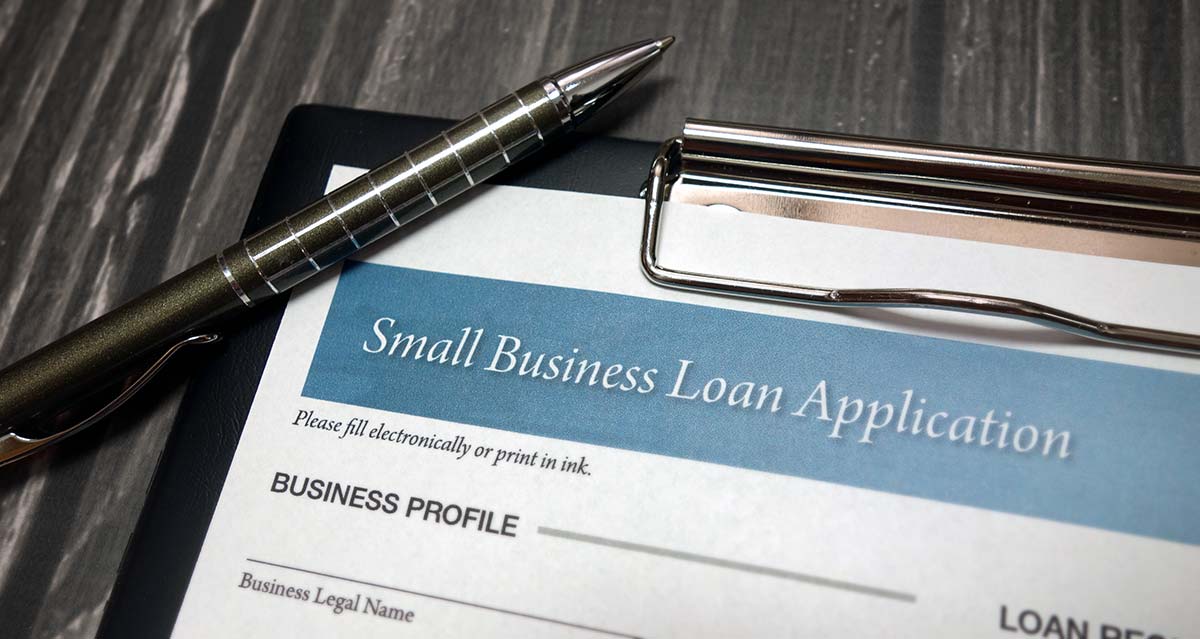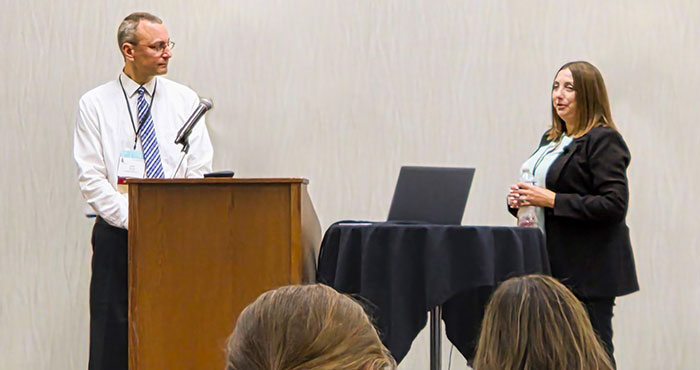Minnesota Paid Leave: What Employers Need to Know Before 2026
Minnesota has enacted a statewide Paid Leave program that combines paid family leave and paid medical leave, bringing major changes to payroll, HR...
1 min read
 Alex Helkamp, CPA, CCIFP
:
May 15, 2020
Alex Helkamp, CPA, CCIFP
:
May 15, 2020

May 14, 2020 - In the constantly evolving world of PPP loan guidance, the SBA has released another Interim Final Rule (IFR) that provides guidance regarding PPP loan increases for certain partnerships and seasonal employers. Many PPP loans were approved and disbursed to partnerships and seasonal employers before the SBA issued relevant guidance and, as a result, those businesses may not have received the maximum amount of PPP loans for which they are eligible.
On April 14, 2020, the SBA posted an IFR which included guidance for individuals with self-employment income. The IFR stated that “if you are a partner in a partnership, you may not submit a separate PPP loan application for yourself as a self-employed individual. Instead, the self-employment income of general active partners may be reported as payroll costs, up to $100,000 annualized, on a PPP loan application filed by or on behalf of the partnership." Partnerships may now request loan increases if the original loan application didn’t include the partners’ self-employment income in payroll costs.
On April 28, 2020, the SBA posted an IFR which included guidance for seasonal employers that provided alternative criterion for determining the maximum loan amount available for seasonal employers. If the seasonal employers’ maximum loan amount is greater using the alternative criterion and they received a PPP loan before April 28, 2020, a revised calculation can be submitted requesting a loan increase.
Any partnerships and seasonal employers that are eligible for loan increases should contact their lender immediately. There is a limited window to receive the additional PPP funds. Please note that the loan increases can’t increase the maximum loan amount above the $10 million threshold for individual borrowers, or $20 million for corporate groups.

Minnesota has enacted a statewide Paid Leave program that combines paid family leave and paid medical leave, bringing major changes to payroll, HR...

Over the last few months, Redpath professionals have been presenting, teaching, and trading ideas with leaders across the government accounting...

For search fund entrepreneurs, acquiring a business is both thrilling and uncertain. Unlike private equity firms seeking portfolio growth or...